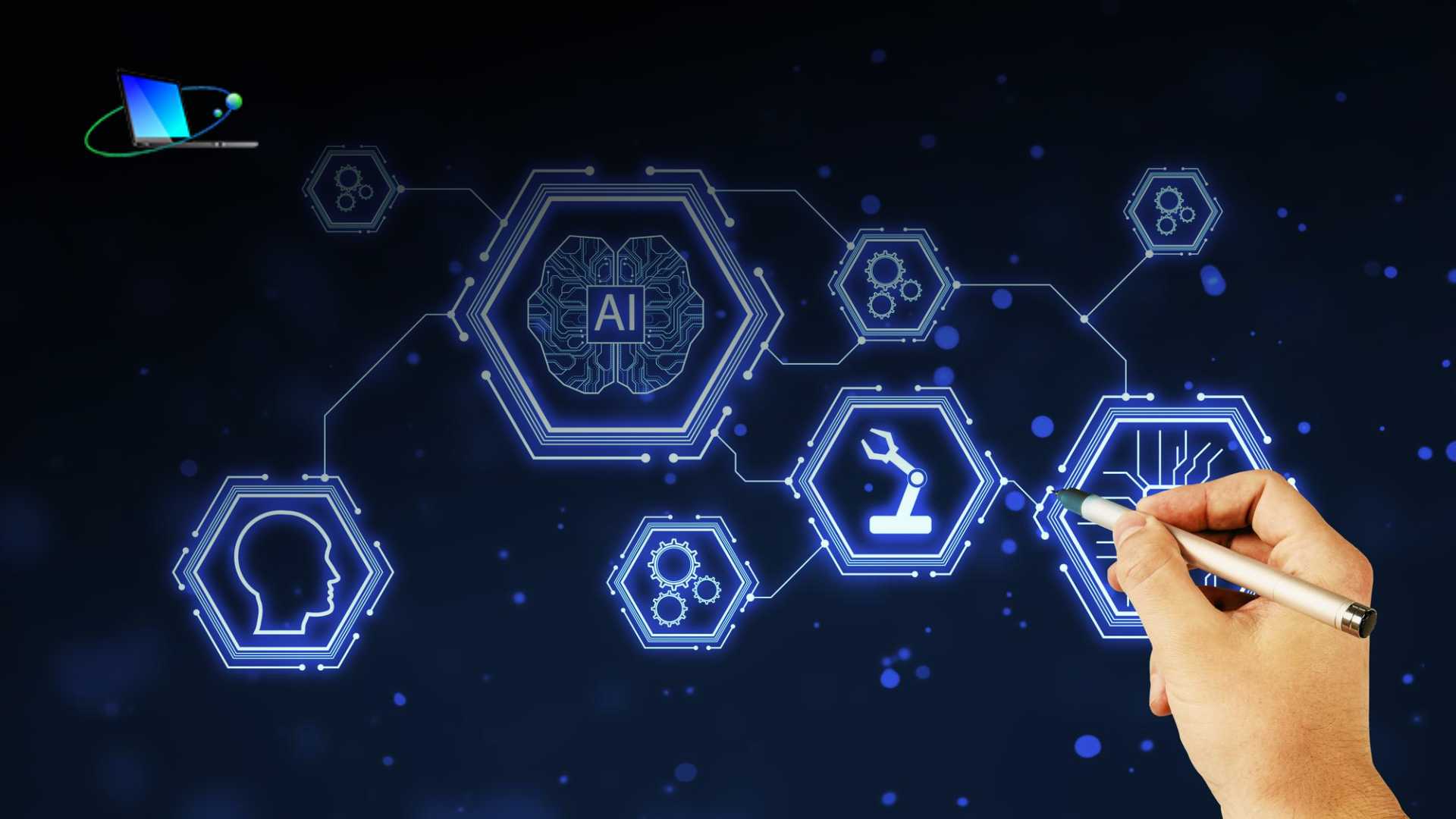

artificial intelligence digital marketing
The Future of Search: How AI is Reshaping SEO Strategies
The Future of Search: How AI is Reshaping SEO Strategies
 EIN Presswire
EIN Presswire
Published on : Apr 11, 2025
The digital marketing landscape is undergoing a radical transformation—and at the center of this shift is AI-powered search. Traditional keyword-based search engines are rapidly giving way to systems that can interpret context, intent, and human-like language. For marketers and business owners, this isn’t just a tech trend—it’s a call to rethink how we create, optimize, and deliver content.
Actual SEO Media, Inc. highlights this new frontier: a world where AI enables smarter, faster, and more intuitive search experiences, changing how consumers discover information—and how brands get discovered.
Let’s explore what this means, and how to adapt your SEO and content strategies to stay competitive.
1. Enhanced AI-Powered Search: Beyond Keywords
AI-powered search engines are evolving from simply matching keywords to interpreting the meaning behind queries. These systems use advanced language models to understand nuance, tone, and intent—much like a human conversation.
-
Example: A user types “best car dealerships near me for electric SUVs under 40k.” Instead of just showing dealership listings, the AI understands budget, location, and vehicle type to offer hyper-relevant results.
This leap in search functionality demands that businesses create content aligned with user goals, not just keyword presence.
2. Major Shifts in Search Engine Behavior
Context Over Keywords
Search engines like Google and tools like ChatGPT can now parse semantic meaning, delivering personalized results based on intent rather than strict matches.
Deeper Research Results
AI now curates results based on topic depth and relevance, helping users get more comprehensive answers—great news for brands that publish detailed, high-quality content.
Natural Language Understanding
Search is now conversational. Whether it’s voice or text, people ask questions naturally—and search engines respond in kind. That means your content must be structured for clarity, flow, and FAQ-style responses.
3. What Marketers Must Do Differently Now
Content Optimization for Intent
Instead of just chasing high-volume keywords, businesses need to focus on:
-
Answering specific questions
-
Using conversational language
-
Building content around real user problems
Smarter Content Creation
AI tools can help identify content gaps and emerging topics. Brands can now:
-
Analyze user behavior patterns
-
Predict future queries
-
Create content that’s highly personalized and engaging
Localized, Personalized SEO
AI-enabled search is boosting local and individualized results. Businesses must:
-
Optimize for location-based queries
-
Create content that reflects local language and preferences
-
Implement structured data (schema markup) to appear in featured snippets
4. Emerging AI Search Trends to Watch
Voice Search Is Here to Stay
With voice assistants embedded in everything from phones to fridges, conversational content is a must. Use natural phrases, Q&A sections, and long-tail keywords to optimize.
Visual Search Gaining Ground
Platforms like Google Lens and Pinterest are making image-based search mainstream, especially for retail, fashion, real estate, and food. Brands should:
-
Use descriptive alt-text
-
Optimize image sizes and formats
-
Leverage visual schema (e.g., Product schema)
Improved User Experience (UX)
AI is also transforming how search engines rank results. Fast-loading pages, clear navigation, and mobile responsiveness are now ranking essentials, not options.
5. How Businesses Can Prepare
Adapt Content Strategies
Use AI tools like SEMrush, Surfer SEO, or Jasper to:
-
Discover new keywords based on user intent
-
Audit your existing content
-
Craft optimized, relevant articles that resonate
Track AI Trends Actively
The AI landscape changes fast. Subscribe to newsletters, attend webinars, and monitor how platforms like Google, OpenAI, and Microsoft Bing are evolving.
Embrace AI Marketing Tools
Integrate tools that assist with:
-
AI-driven keyword research
-
Predictive analytics
-
Content scoring and optimization
Some great options include:
-
Clearscope
-
MarketMuse
-
ChatGPT + web browsing for trend discovery
-
RankMath for AI-powered WordPress SEO
As AI continues to rewrite the rules of digital discovery, the next generation of SEO is already here—and it’s smart, contextual, and deeply human. Businesses that embrace this transformation, focusing on intent, content quality, and user experience, will be the ones leading the pack in search rankings.




